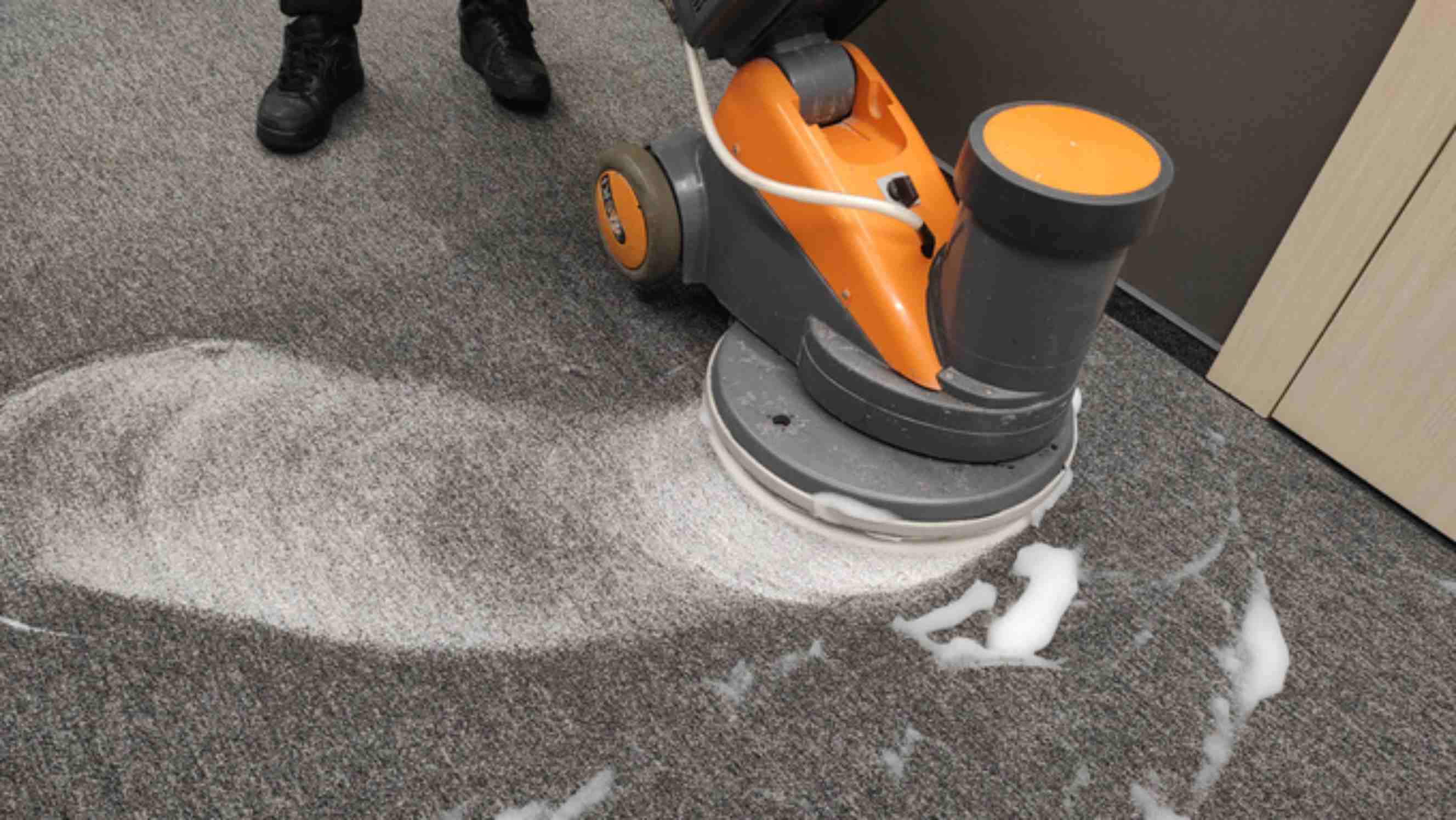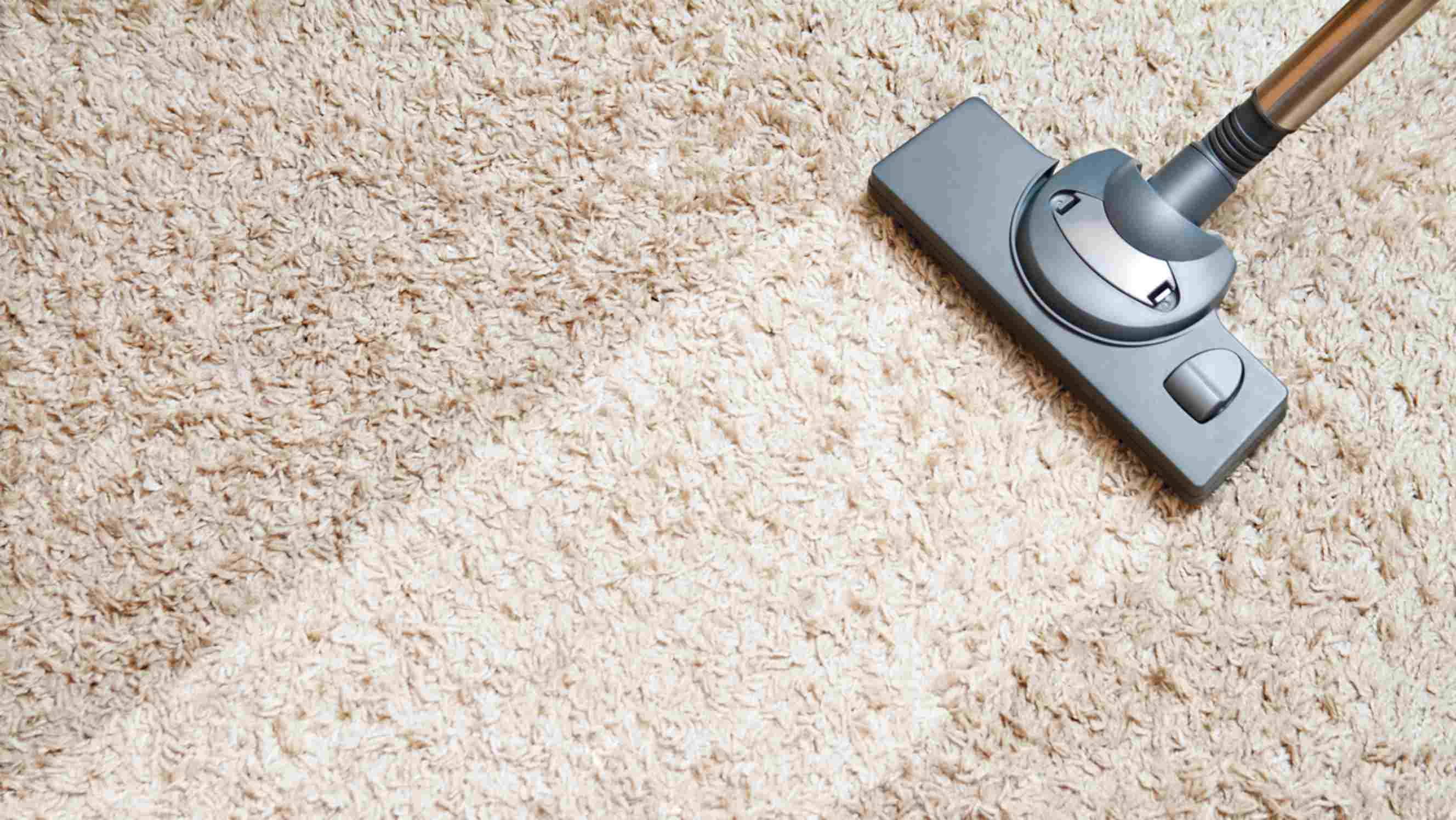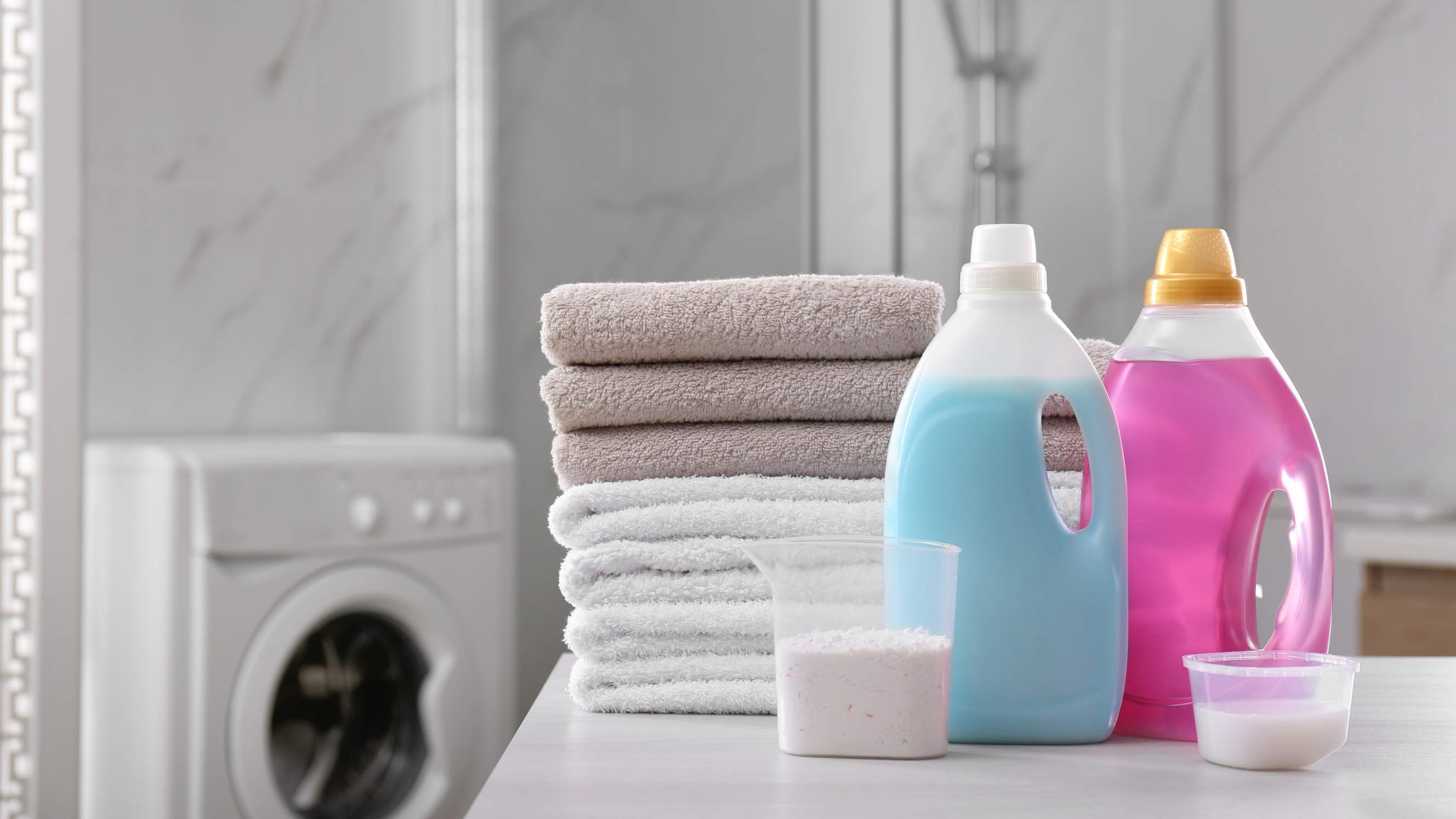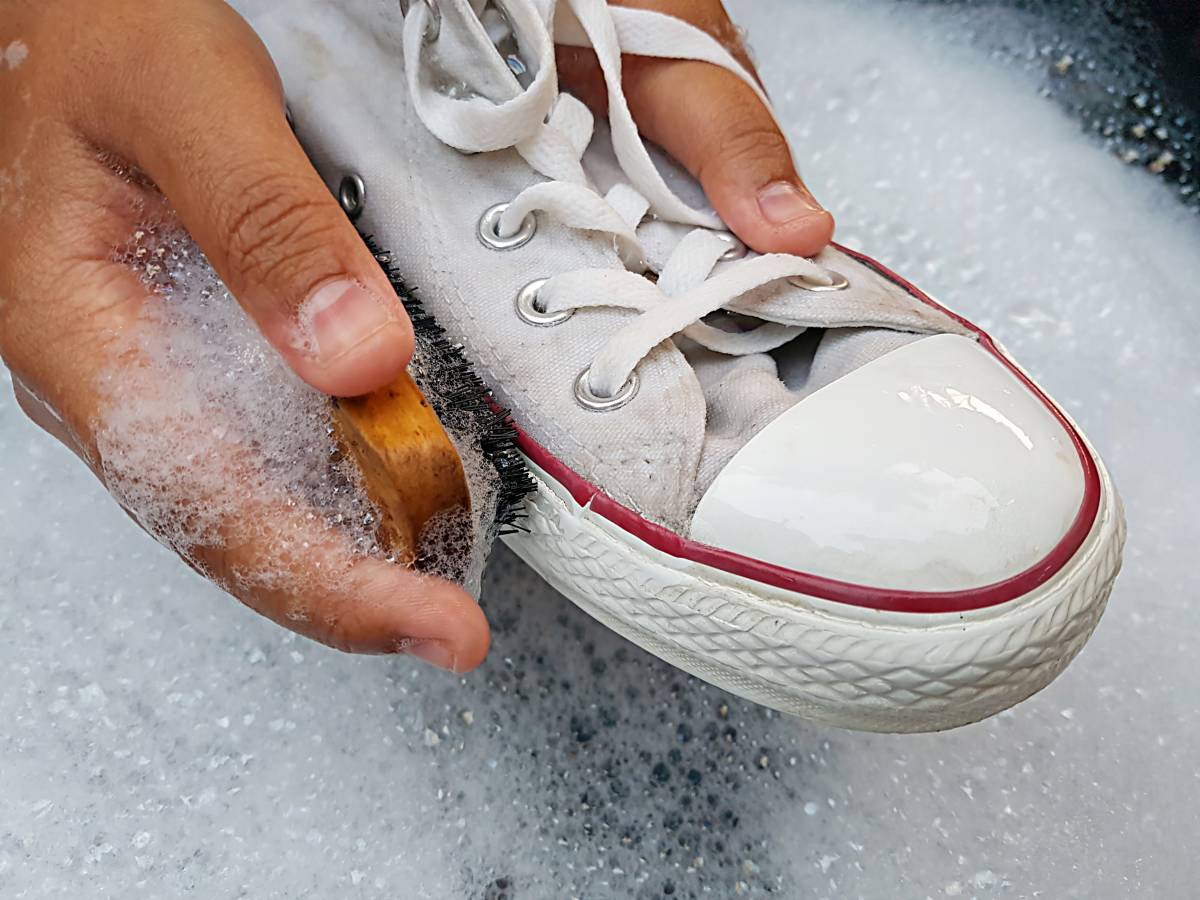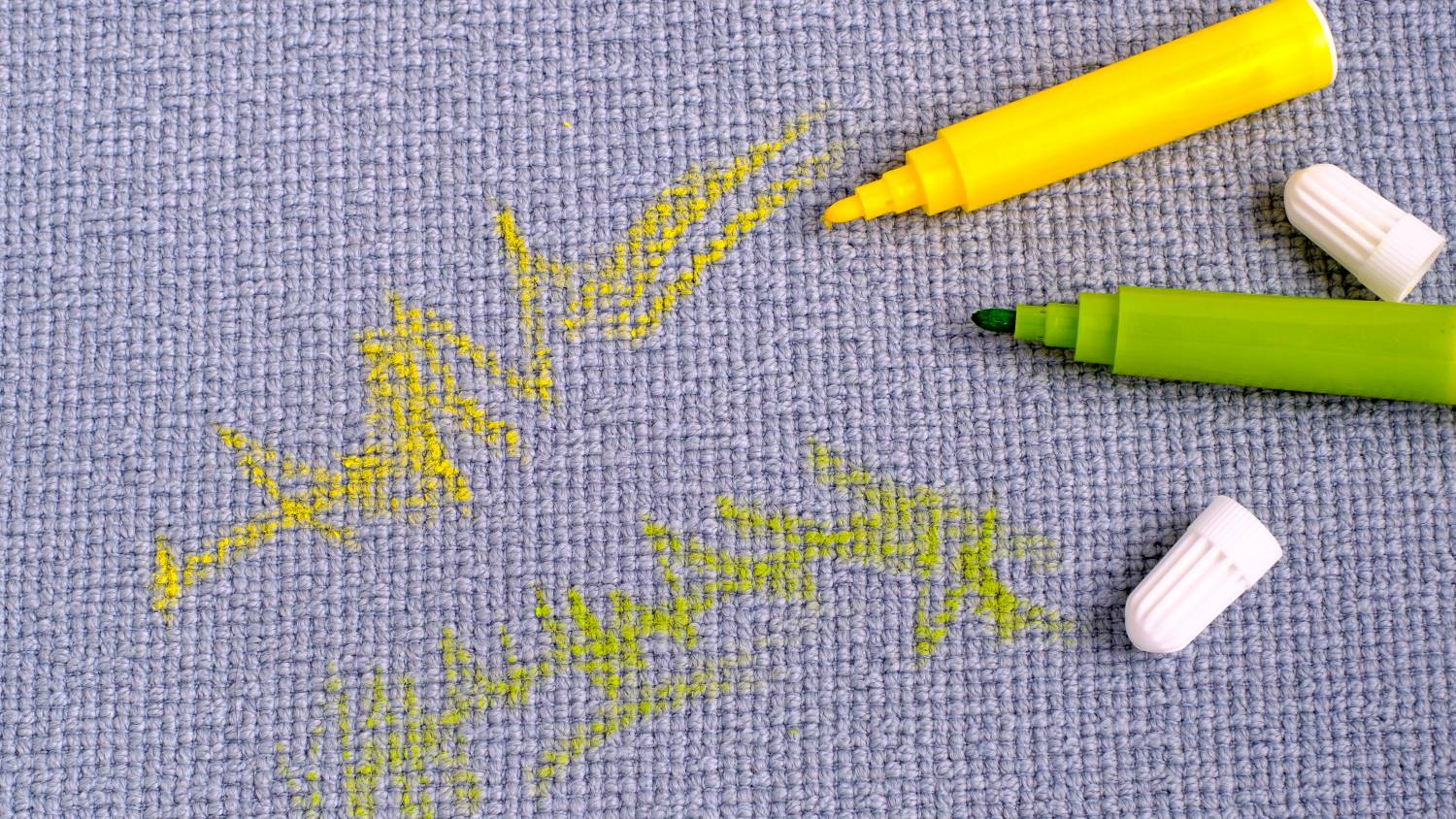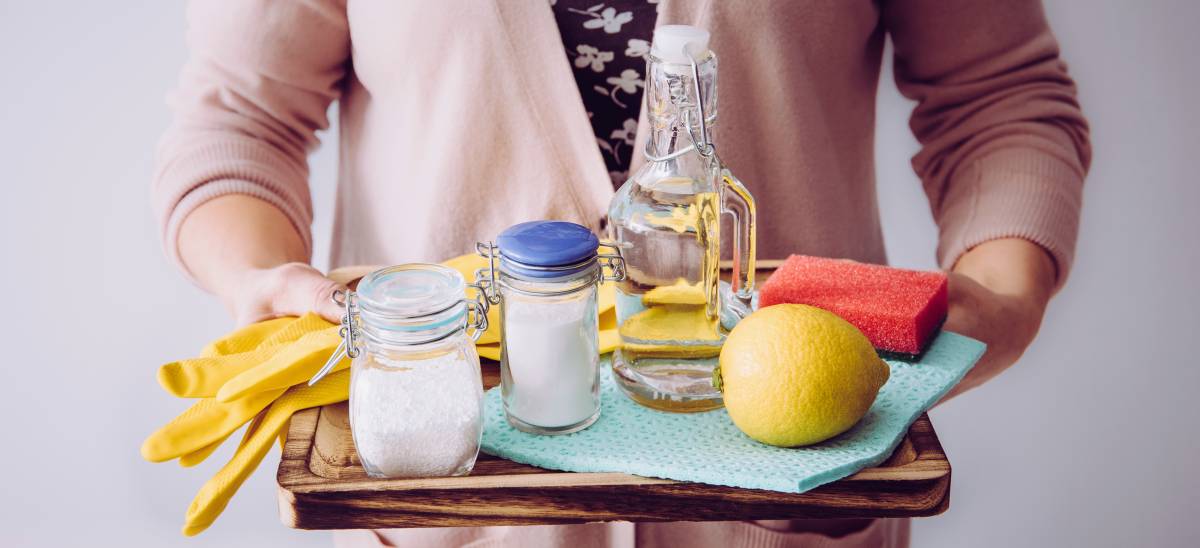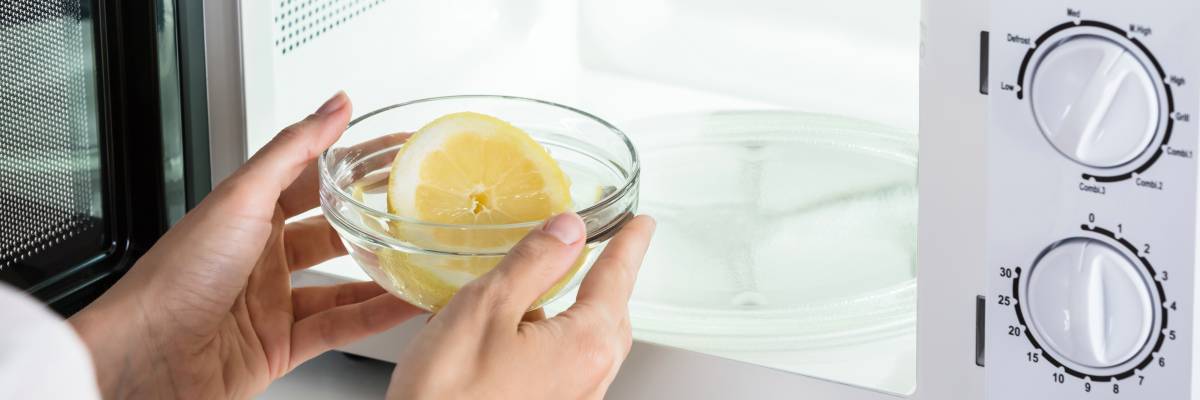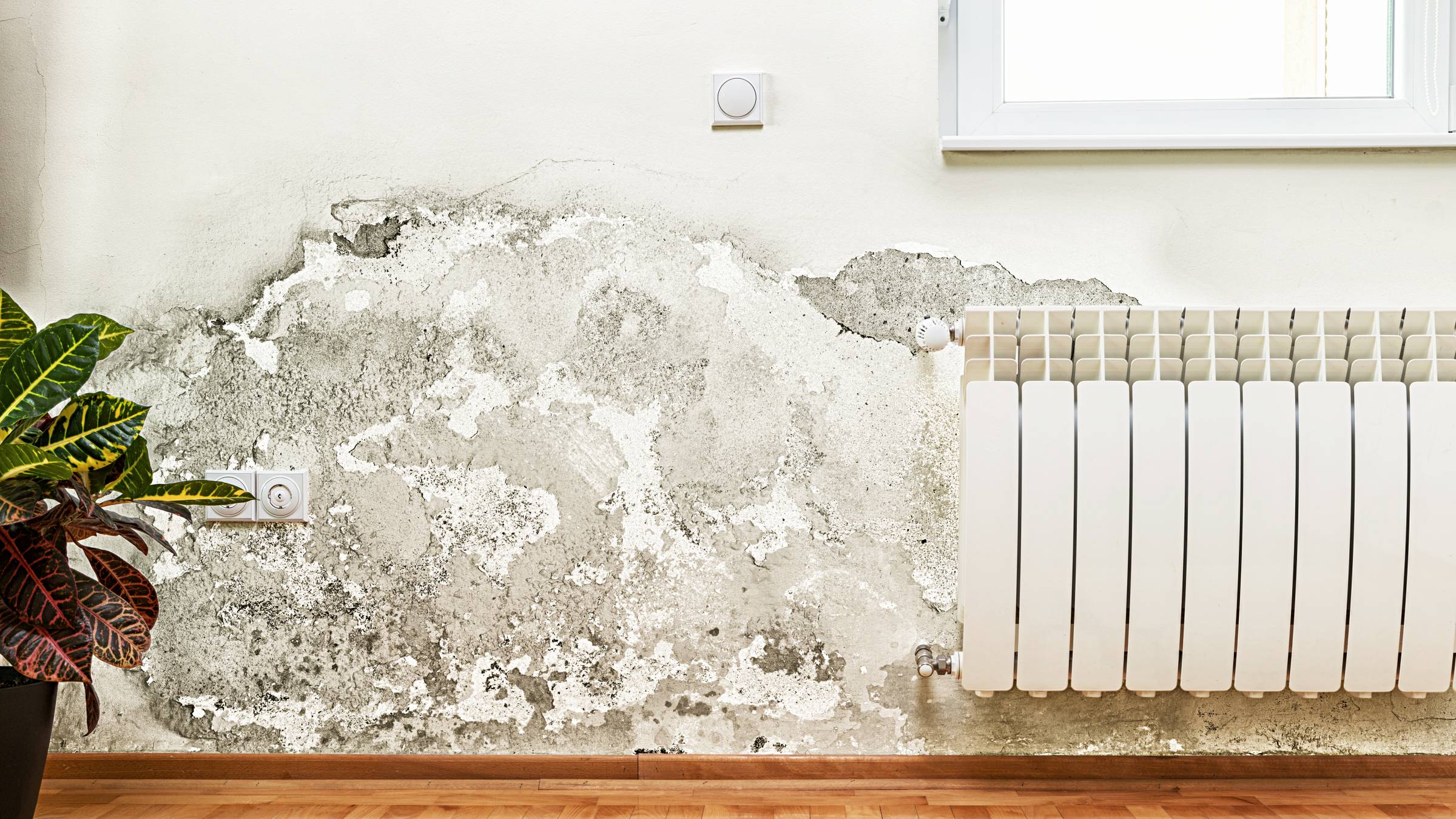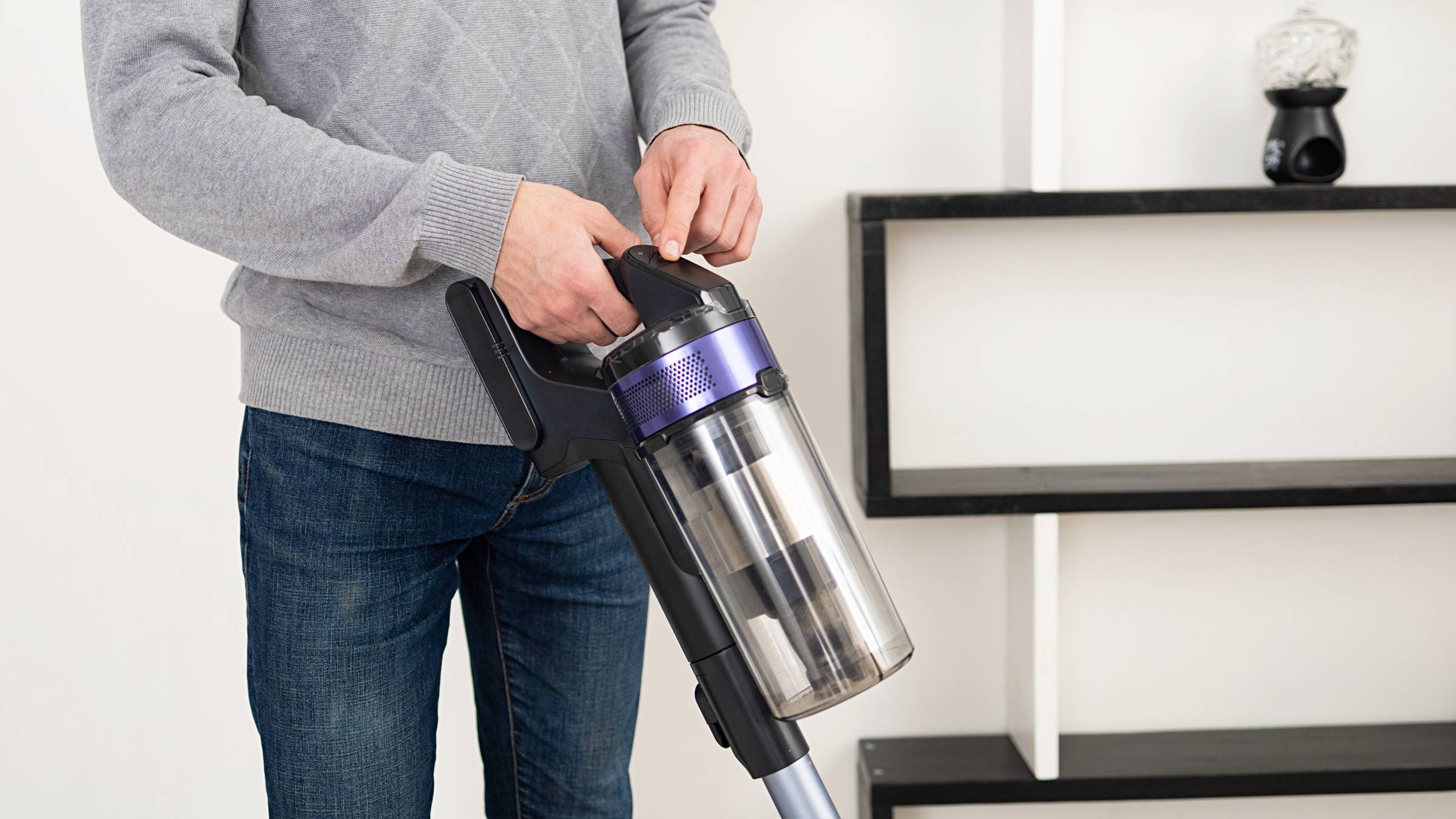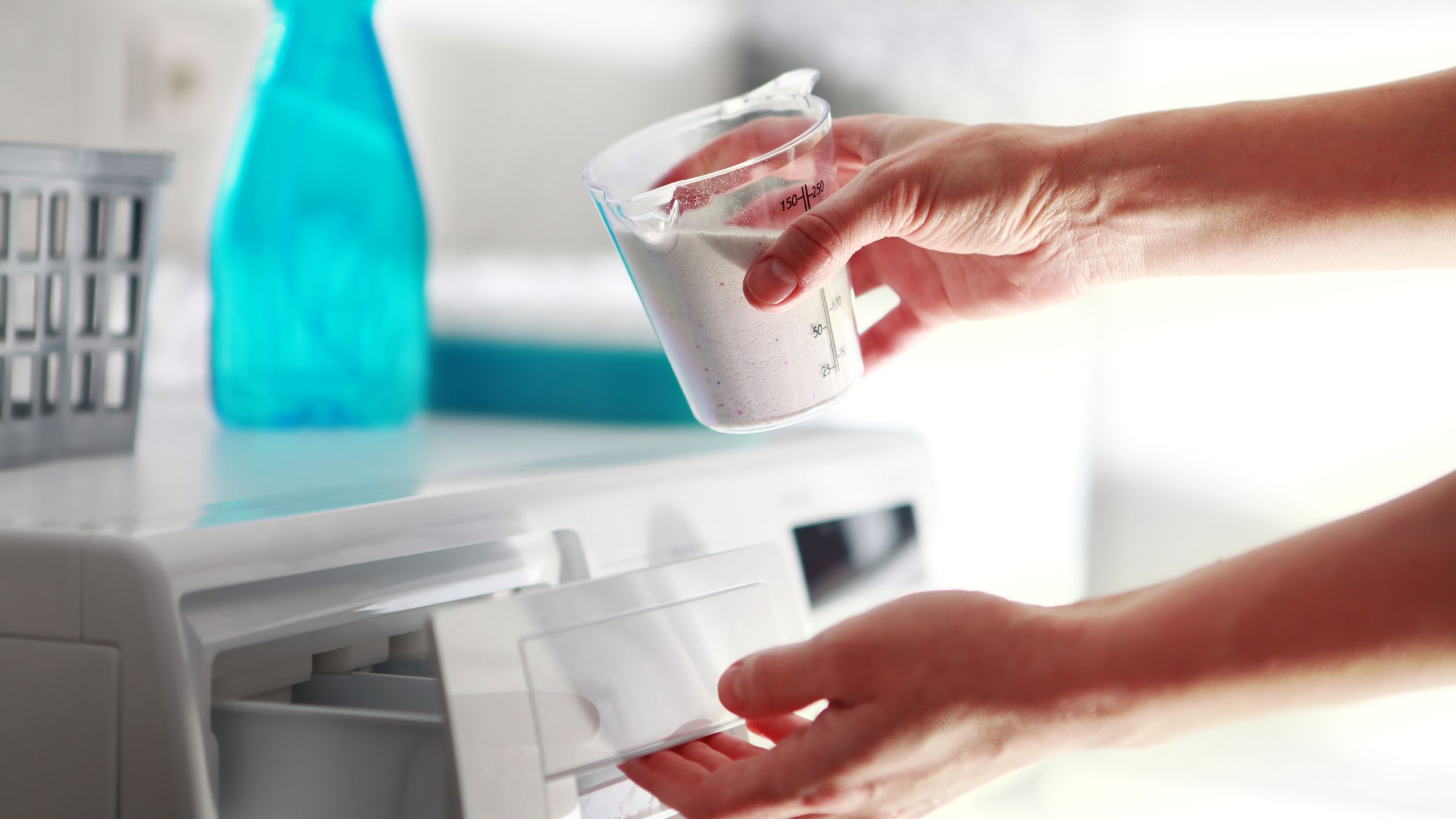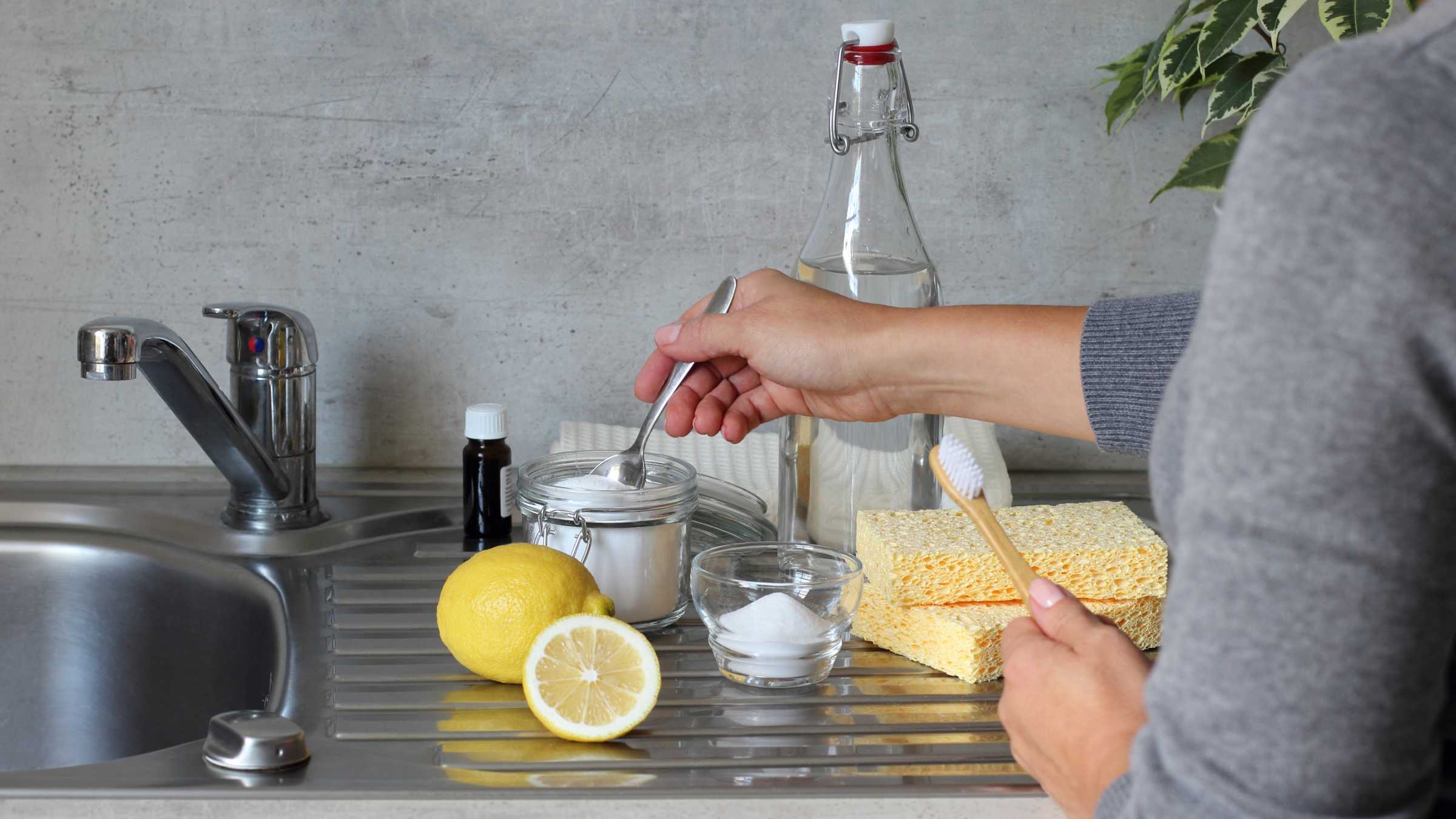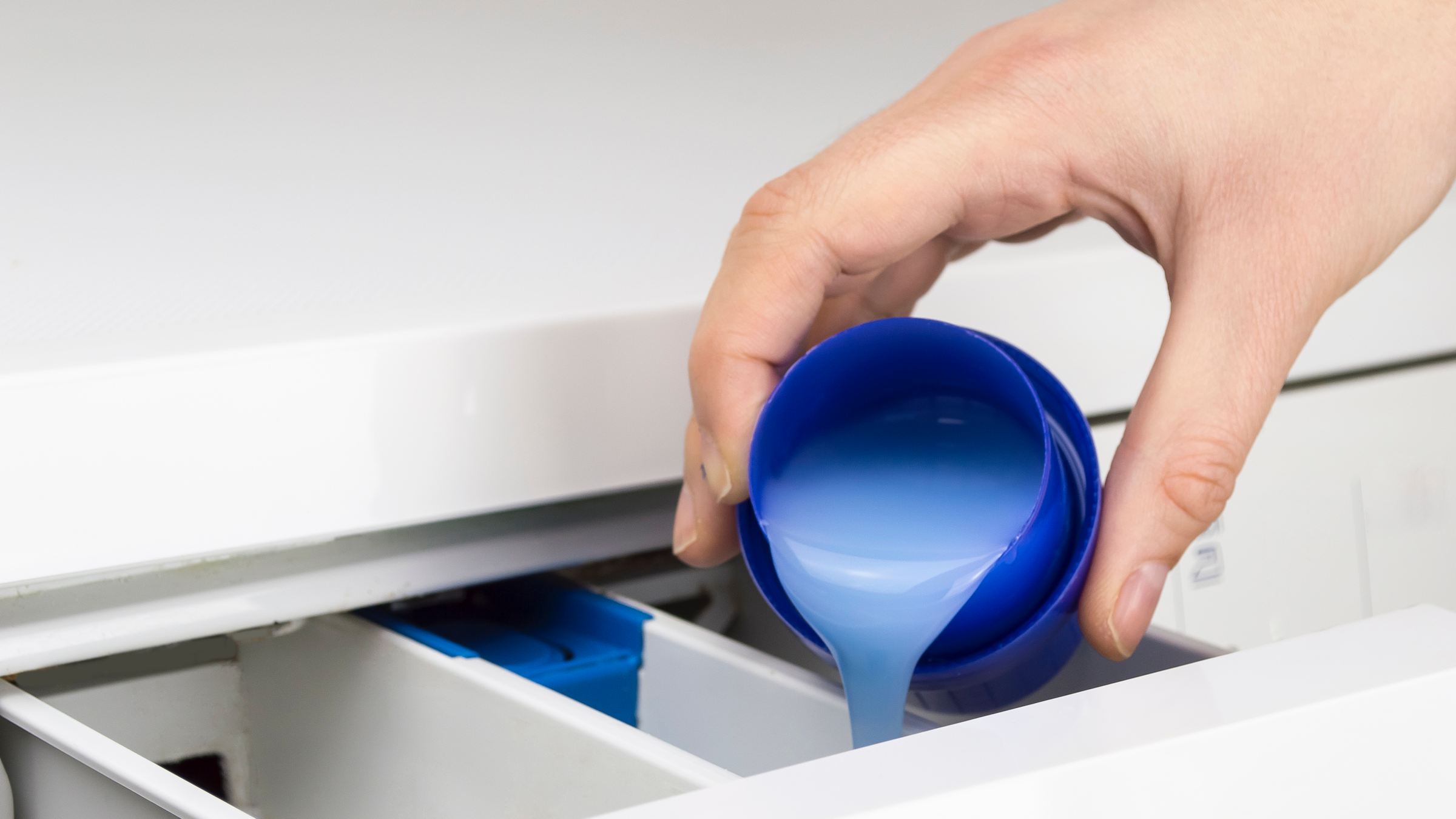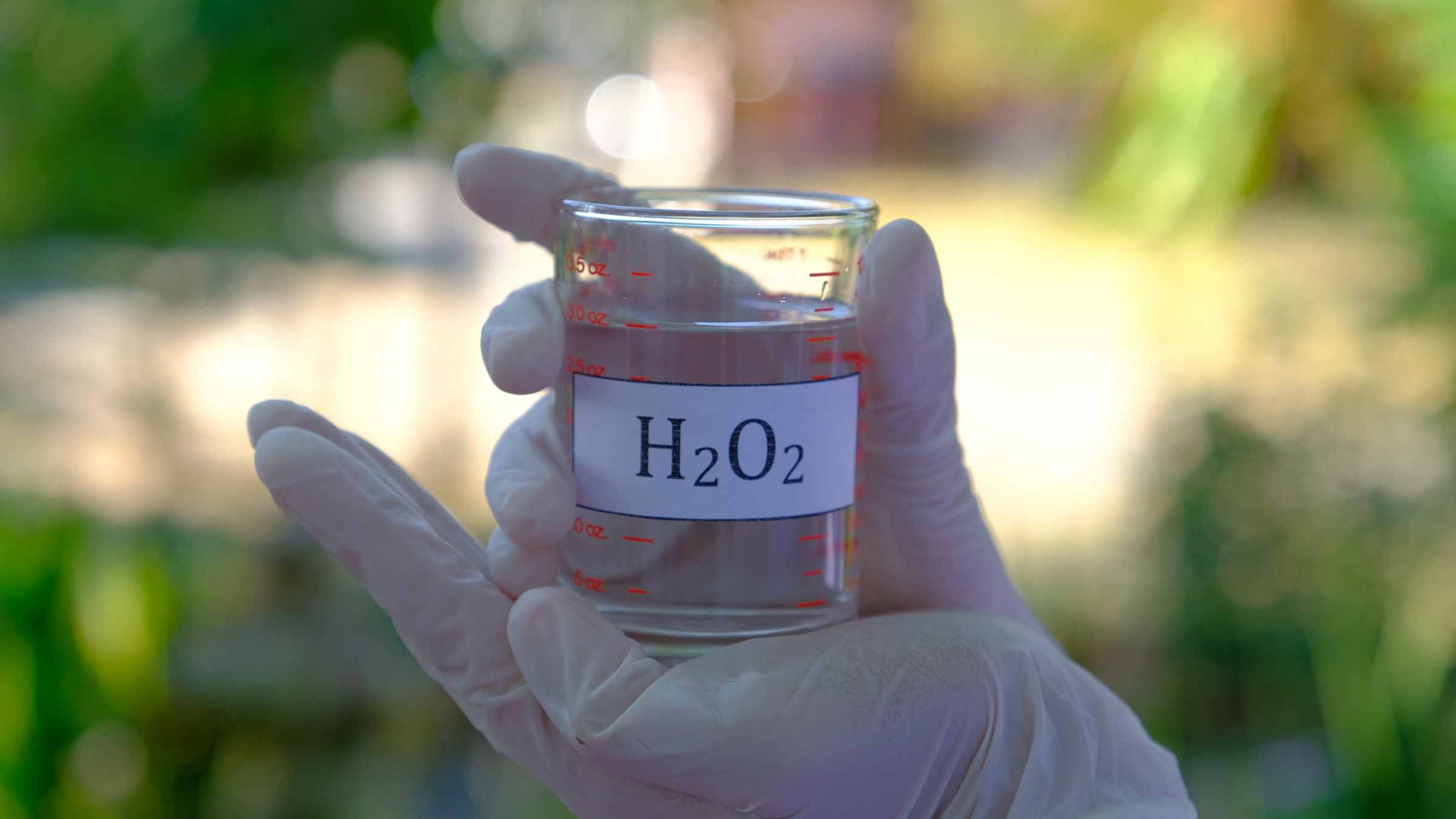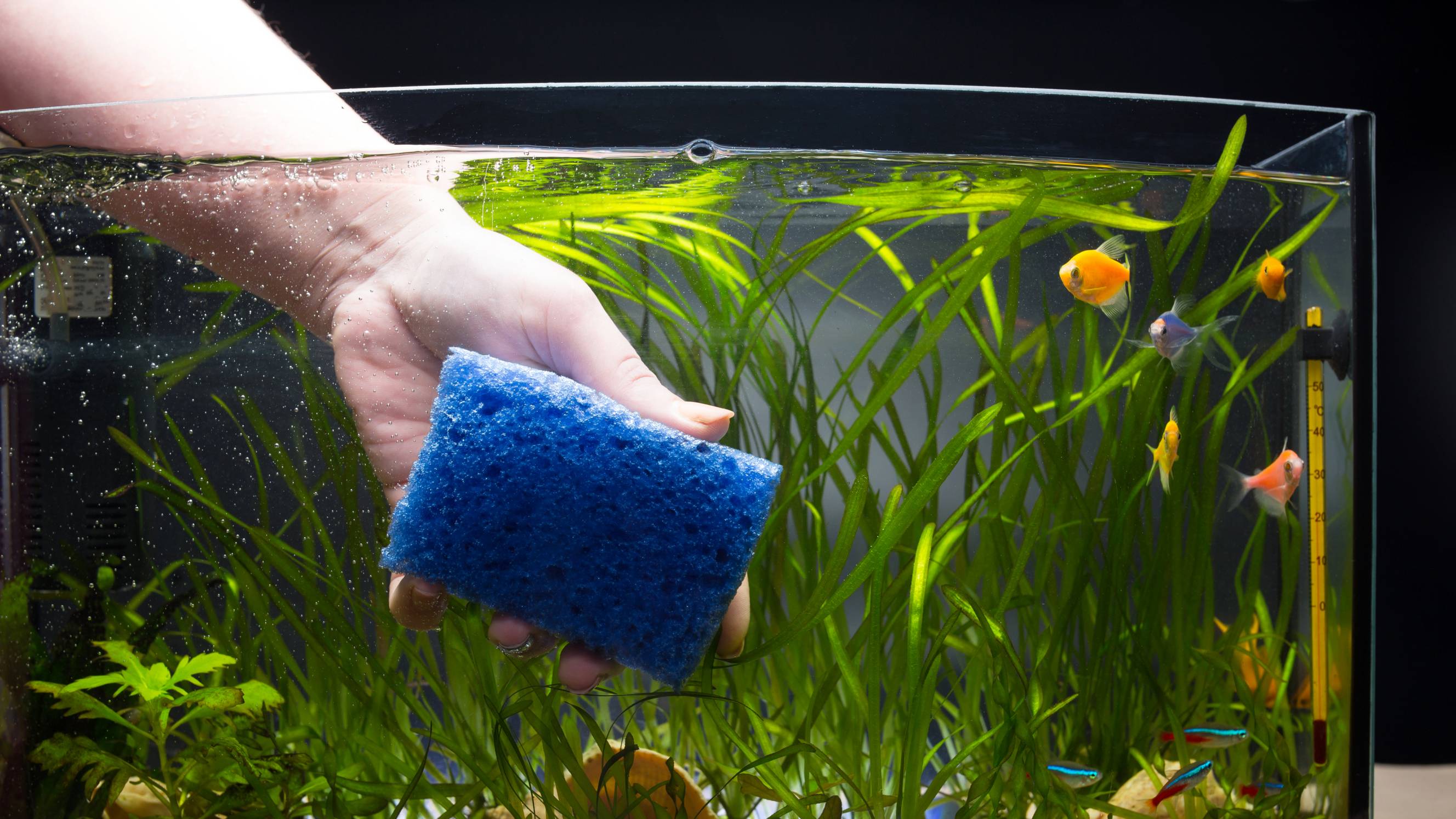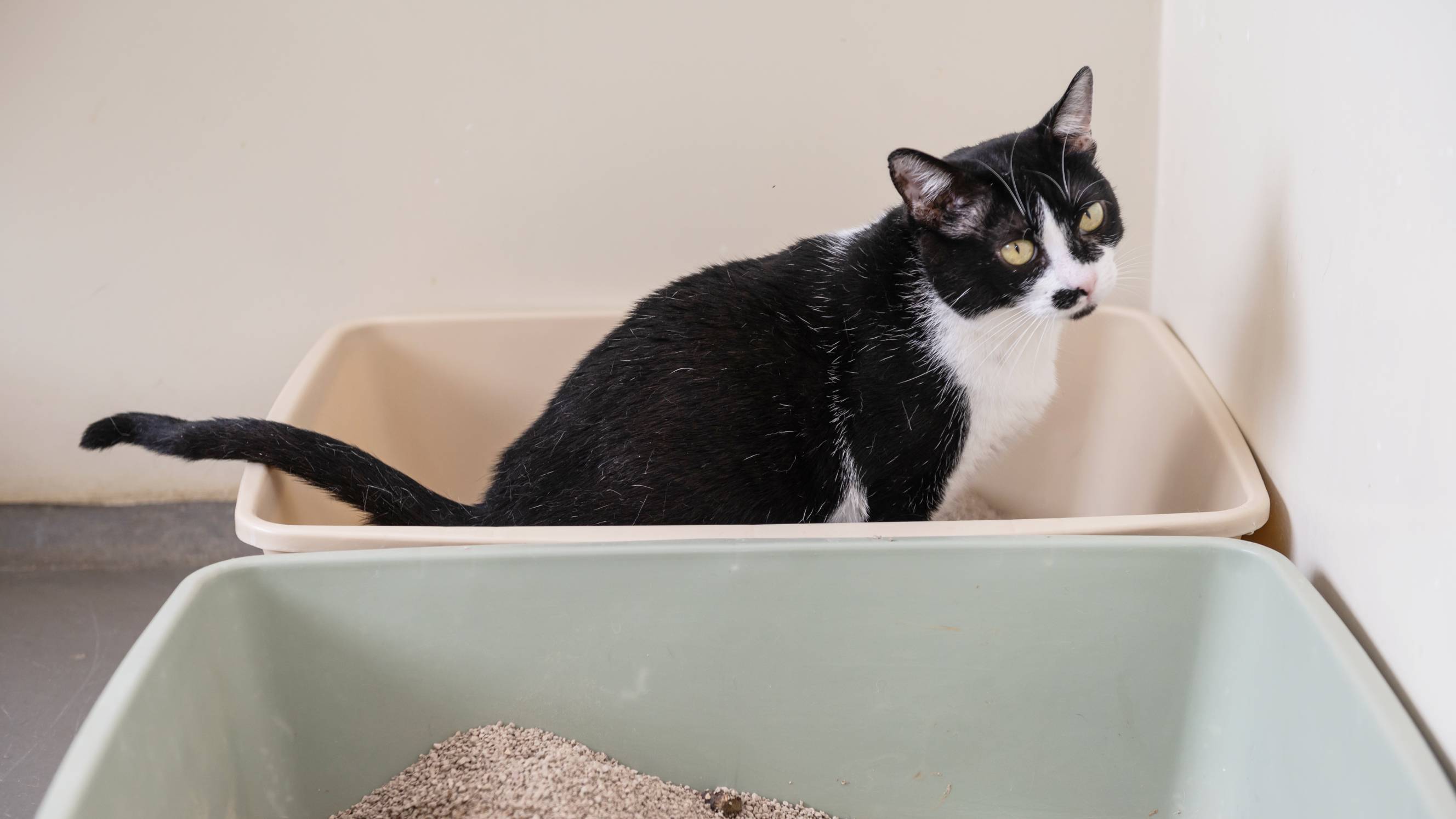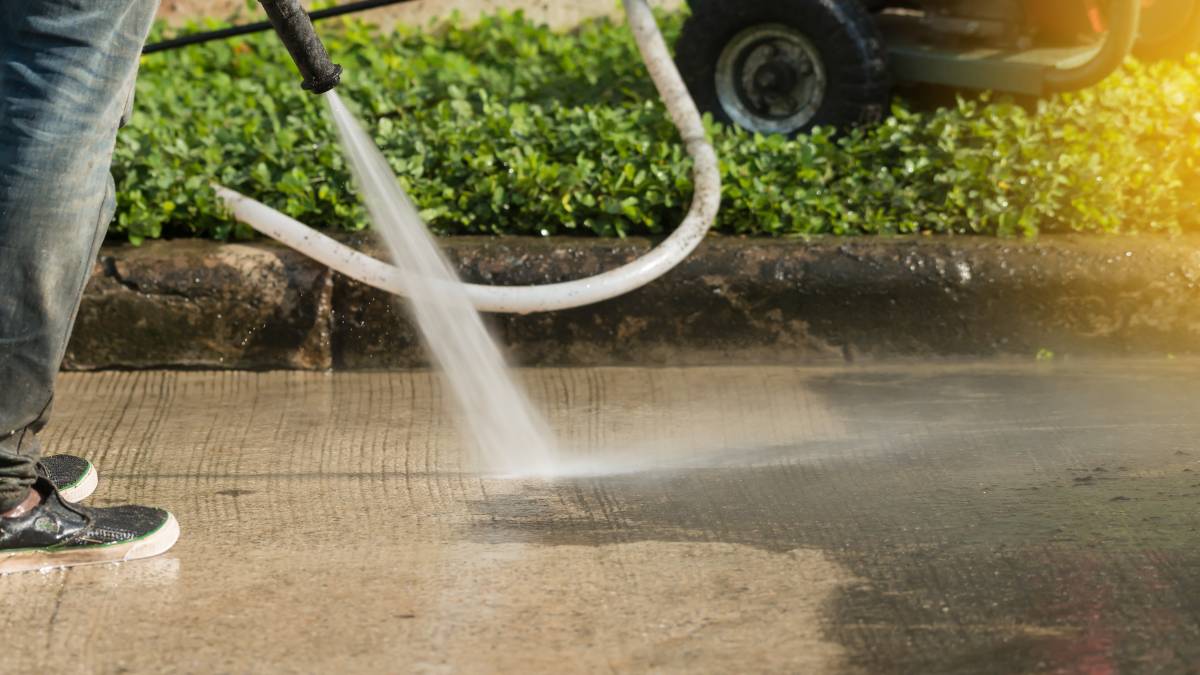- Home/
- Comparisons/
- Cleaning/
- Dishwasher Powder vs. Pods
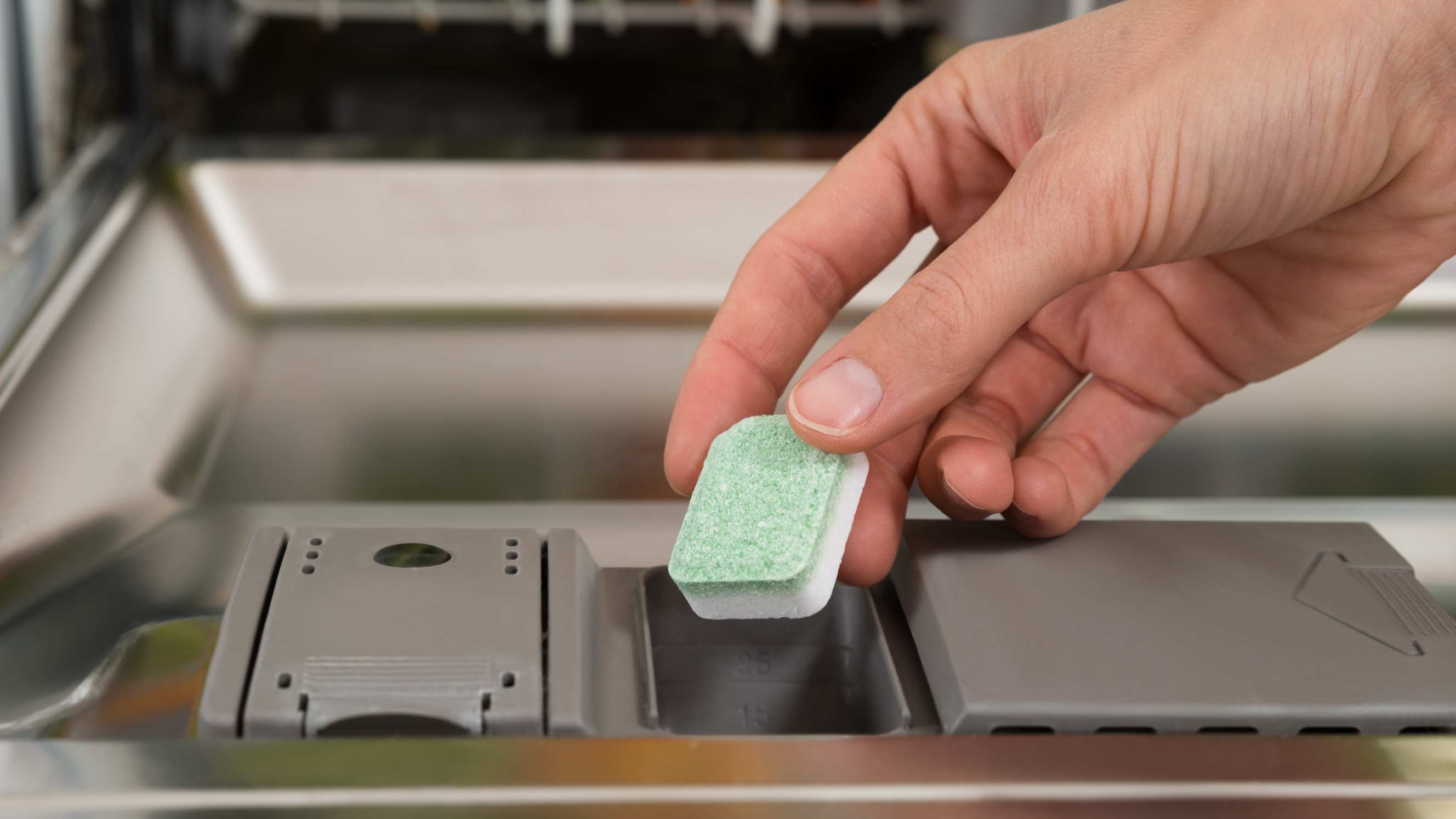
Dishwasher powder vs. pods: Which cleans better?
Comparing dishwasher powder and pods based on cleaning performance, convenience, eco-friendliness, and more.
Hire a cleaning expertLast Updated on
Key Facts
- Dishwasher powder is a granulated detergent containing surfactants to remove oil and grease and softening agents to prevent mineral deposits.
- Dishwasher pods are concentrated blocks of detergent encased in a dissolvable film, designed to dissolve gradually throughout different wash cycles.
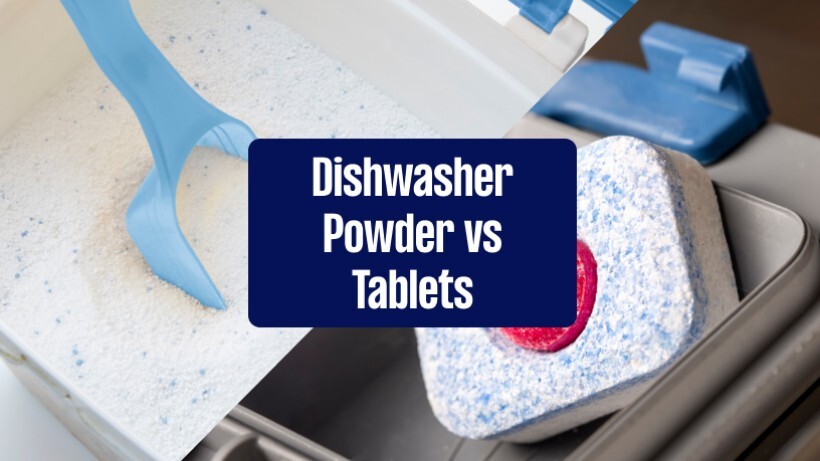
Choosing the right detergent is essential as it helps your dishwasher perform at its best. But how would you know if you’ve selected the right one? One way is to understand the difference between two of the most popular dishwasher detergent types, dishwasher powder vs. pods.
What is dishwasher powder?
A dishwasher powder is a granulated dish-cleaning detergent with surfactants. Their role is to break down oil and grease and softening agents to prevent mineral deposits (or the white residue in dishes) from building up in your dirty plates and cups.
The granules of dishwasher powder detergents are formulated to have a free-flowing form, ensuring the powder is distributed evenly into your dishwasher for an effective deep clean. This formulation also helps prevent the powder detergents from clumping or sticking together in the dishwasher after dispensing.
What are dishwasher pods?
Dishwasher pods are concentrated blocks of dishwasher detergent encased in a dissolvable film. Upon dispensing the pod into the dishwasher, it doesn’t dissolve in an instant. Its active ingredients will dissolve one at a time, matching the different wash cycles of your dishwasher.
For example, the pod’s surfactants and anti-soil redeposition agents will be the first to dissolve during the early wash cycle, helping remove residues in dishes. By the end of the wash cycle, rinse aids start to work to ensure the dishes are completely dry without spots or streaks.
Did you know? Aside from cleaning dirty plates, pots and pans, other uses for dishwasher pods include removing coffee and tea stains in clothes, cleaning dishwashers and ovens, and eliminating unpleasant odors in the toilet.
Dishwashing pods vs. powder: Which delivers the best results?
When it comes to hand washing vs. dishwashers, the latter gains an upper hand as more households in the US use dishwashing machines.
That said, knowing what dishwasher soap is best becomes even more relevant. This comparison guide explores the difference between dishwasher powder and pods in terms of different factors, helping homeowners like you buy the right one.
In terms of cleaning performance
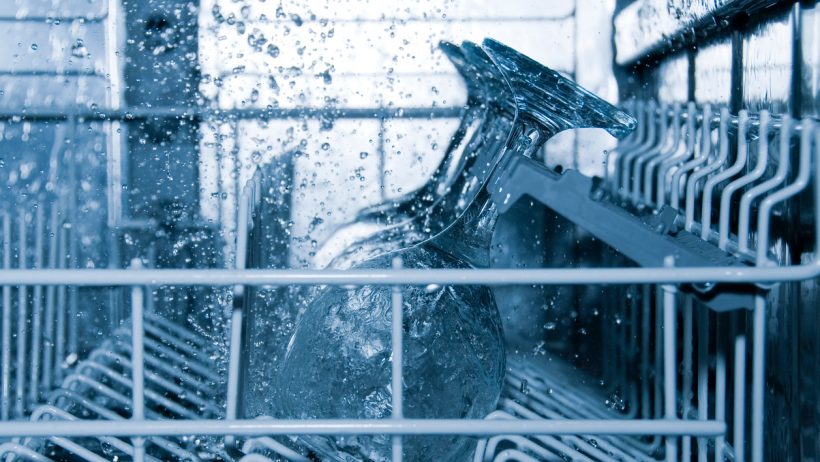
Dishwashing pods provide better cleaning performance. As compared to dishwashing powder, pods have more concentrated active ingredients like enzymes and oxygen-based bleach.
Enzymes break down oil and grease, while oxygen-based bleach lifts wine, tea, and coffee. So, when cleaning wine glasses in the dishwasher, it’s best to use a dishwashing pod.
Although both ingredients can also be found in some dishwasher powders, not all brands include them in their formulation. Moreover, a dishwasher powder detergent relies more on surfactants and fillers (like dishwasher salt) to keep dishes clean.
In terms of convenience
A dishwasher pod is more convenient than a dishwasher powder because a pod is pre-measured and pre-packaged. This helps prevent spills and messes in the kitchen.
However, the good thing about a dishwasher powder detergent is that it comes with a measuring cup. You can adjust the amount of detergent per wash, tailored to the size of the load. This is more economical compared to pre-measured dishwasher pods.
Moreover, you may buy dishwasher powder in bulk. If you always love stocking up on dishwashing detergent at home to lessen trips to the supermarket, dishwashing powder is a good choice.
In terms of residue
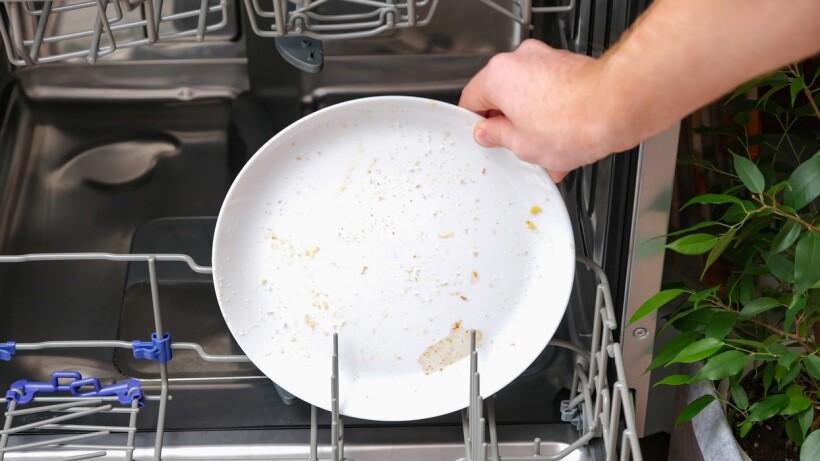
A dishwasher pod leaves no residue because it contains a built-in rinse aid that helps prevent film or spots, especially in your glassware.
In contrast, dishwasher powder is highly likely to leave a residue, especially with incorrect dosage. The efficacy of a dishwasher powder also heavily relies on your dishwasher’s efficiency in washing dishes, so if there are performance issues, expect to see slight food residue in dishes.
Furthermore, dishwasher powder is more sensitive to hard water because, unlike pods, most dishwasher powder brands don’t include water softeners in their formulation. So, if you live in an area with hard water, you should avoid using dishwasher powder.
Tip: Using dishwasher liquid in a dishwasher (whether built-in or freestanding) is not advisable because it can cause excessive suds and bubbles to form inside, clogging the dishwasher filter. This is why you should use a dishwasher powder or pod instead.
In terms of eco-friendliness
The eco-friendliness of dishwashing powder and pods depends on their brands and formulations. Luckily, many modern dishwashing powders are now using biodegradable and non-toxic ingredients, such as dishwasher salt and sodium bicarbonate or washing soda.
Plus, like dishwasher gels and liquid detergents, powders often come in bulk packaging, which can be more eco-friendly, especially if the packaging is made from recycled materials.
As for dishwashing pods, although some still contain harmful substances and use plastic packaging, other brands are formulating phosphate-free and chlorine-free options with water-soluble packaging to decrease environmental impact.
In terms of storage
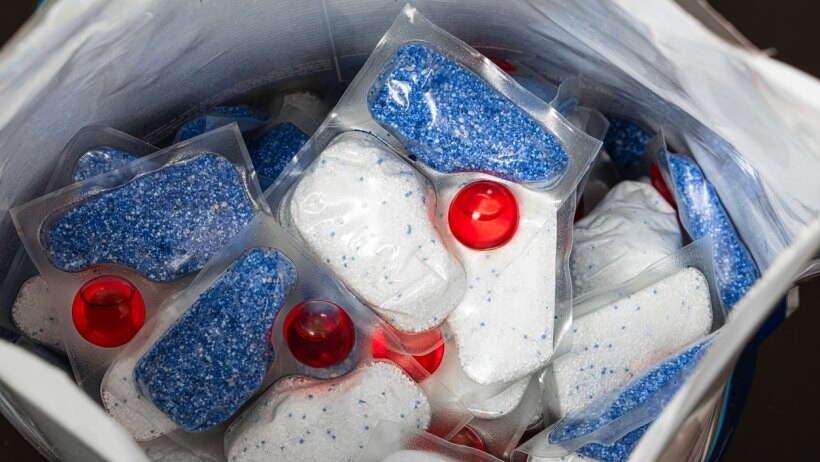
Dishwasher pods are much easier to store than dishwasher powder because their original packaging is designed to protect the pods from moisture and other environmental factors.
On the other hand, storing dishwashing powder requires more steps because most brands use a cardboard box as packaging. After opening its cardboard box, you have to transfer the powder to an airtight container to prevent it from going stale.
Tip: Avoid storing dishwasher powder near stoves and heating vents because heat and moisture can cause the powder to clump. It would be best to do the same with dishwasher pods since moisture can cause them to stick together and disintegrate.
In terms of cost-effectiveness
Since dishwasher powder comes in large bulk sizes, and you may measure the amount of powder to be dispensed into the dishwasher, it can be a cost-effective choice.
However, remember that dishwasher powder isn’t as effective in washing dishes under hard water. You have to increase its amount to help prevent the minerals in hard water from accumulating and leaving a film-like residue on dishes.
So, dishwasher pods are a much more cost-effective choice when it comes to addressing problems with hard water. Even though these are more expensive than dishwasher powder, their high cost is justifiable because their formula has additional powerful cleaning agents like a rinse aid, anti-soil redeposition agents, and bleach to provide a more effective clean.
Simplify your dishwashing chores with Airtasker
Having a functional dishwasher and powerful detergent on hand isn’t enough when you already have a mountain of dishes awaiting after a big house party. You need extra help either from your family and friends —or, better yet, from professional cleaners.
Luckily, you can easily reach out to cleaning experts at Airtasker by simply posting a task! Include details like your budget and the specific cleaning service you need, and you’ll soon receive quotes from Taskers.
Dishwasher powder vs. pods
| Dishwasher Powder |
Dishwasher Pods |
|
| Cleaning Performance |
Standard cleaning performance, as it relies more on surfactants and fillers |
Provides better cleaning performance due to having more concentrated active ingredients |
| Convenience |
Less convenient due to potential for messy spills |
More convenient since pods are pre-measured and pre-packaged |
| Residue |
More likely to leave residue, especially with incorrect dosage or in hard water areas |
Less likely to leave residue, contains a rinsing agent to prevent film or spots |
| Eco-friendliness |
More eco-friendly with some formulations having biodegradable ingredients |
Less eco-friendly with most brands including harmful substances in the formulation |
| Storage |
More difficult to store, requiring an airtight container to prevent clumping |
Easier to store; original packaging protects them from moisture |
| Cost-effectiveness |
Can be cost-effective, but less effective in hard water areas |
More cost-effective due to its good cleaning performance, even in hard water |
FAQs on dishwasher powder and pods
You can use baking soda, lemon juice, or vinegar and mix them with water to clean dishes. These are popular natural ingredients that help deodorize and remove food residue. However, remember that these are dishwasher pod alternatives and are not as effective as commercial dishwasher detergent brands.
If a dishwasher pod is not dissolving, check your detergent dispenser to see if the detergent or food residue has clogged. You should call a dishwasher repair service if the clogging issue is severe and has damaged the dishwasher.
If this happens, excessive suds can form and overflow from the dishwasher. To prevent this, turn off the dishwasher immediately, remove the dirty dishes inside, and run a rinse cycle.
Find cleaning services, fast
Post a task
Related articles

How to get rid of mold at home
Read more

How to get cleaning jobs
Read more

How to price pressure washing jobs
Read more
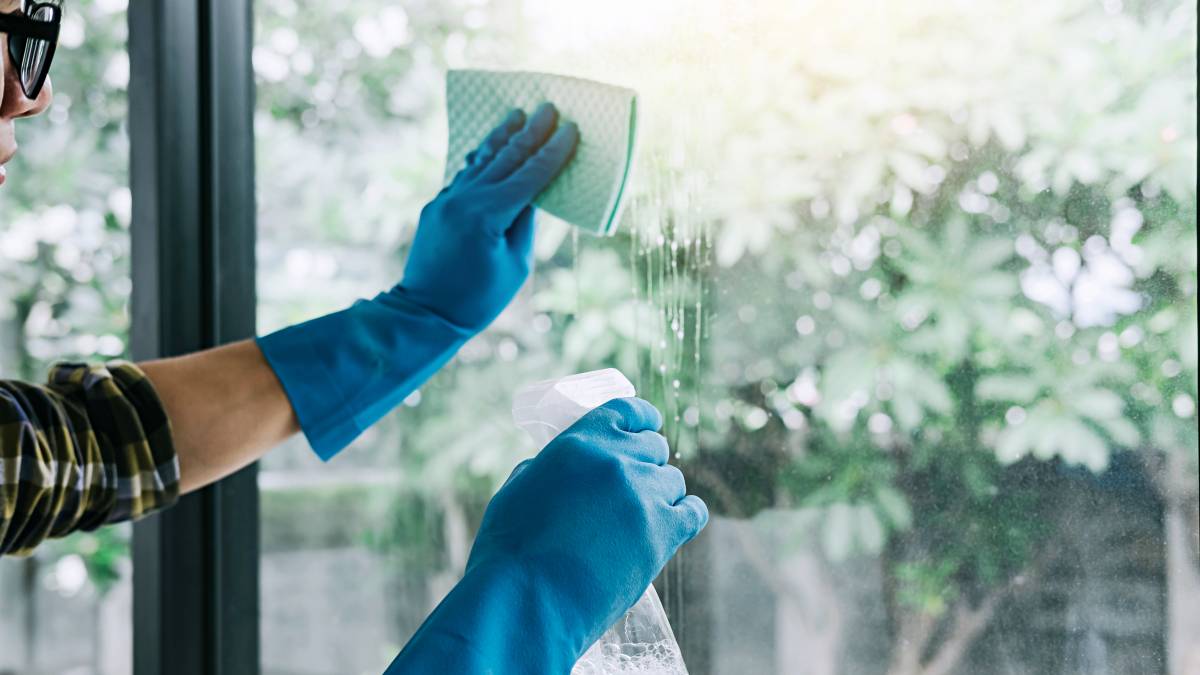
How to price cleaning jobs
Read more

How to get cleaning certification
Read more

How to become a housekeeper
Read more

How to clean a duster
Read more
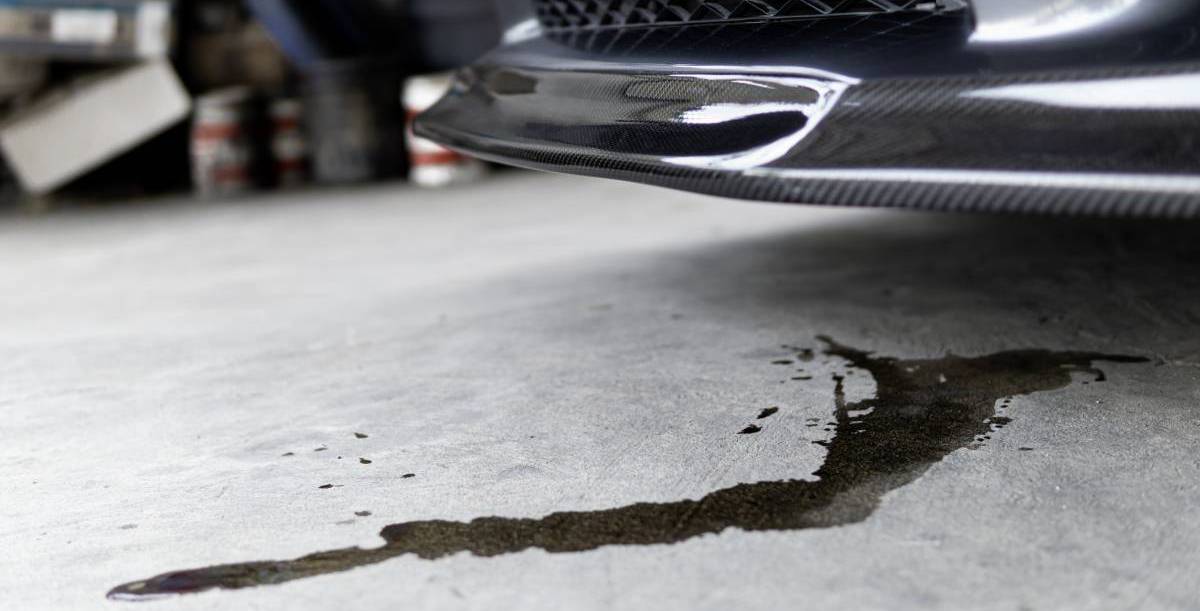
How to clean a garage floor
Read more
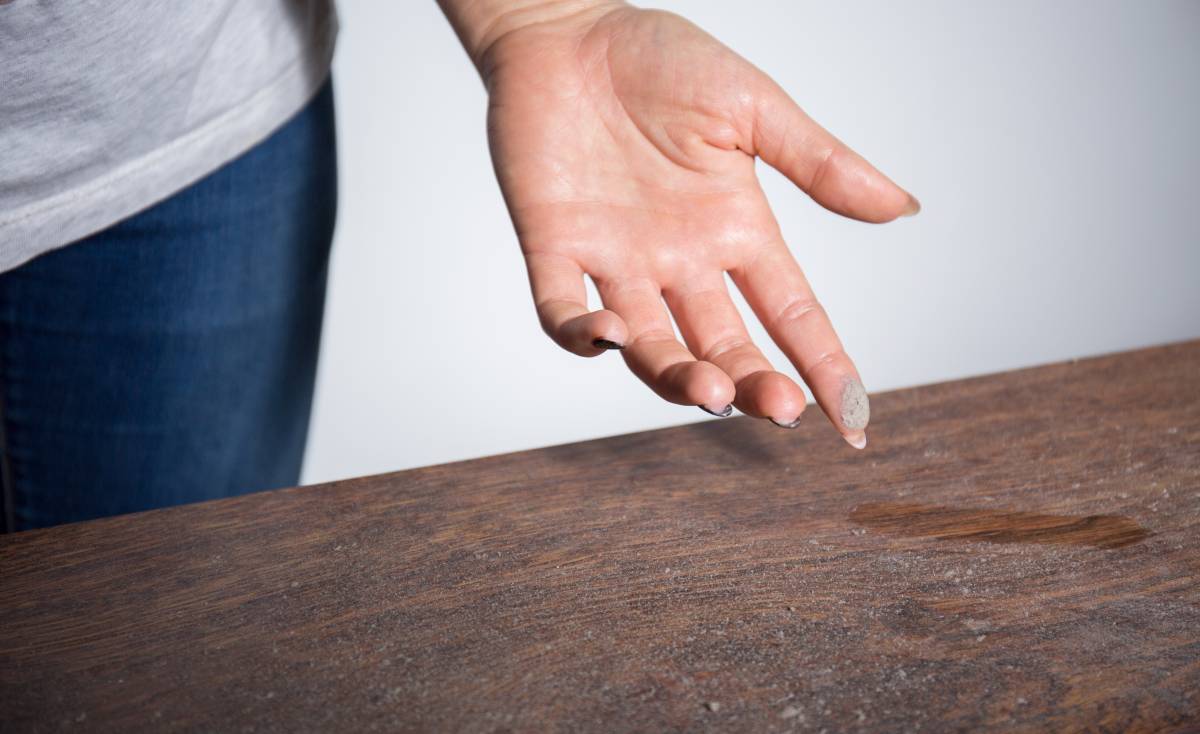
How to get rid of dust in your home
Read more

Move out cleaning checklist
Read more

The ultimate spring cleaning checklist
Read more
Related price pages

How much does tile cleaning cost?
Read more

Average price of move out cleaning
Read more
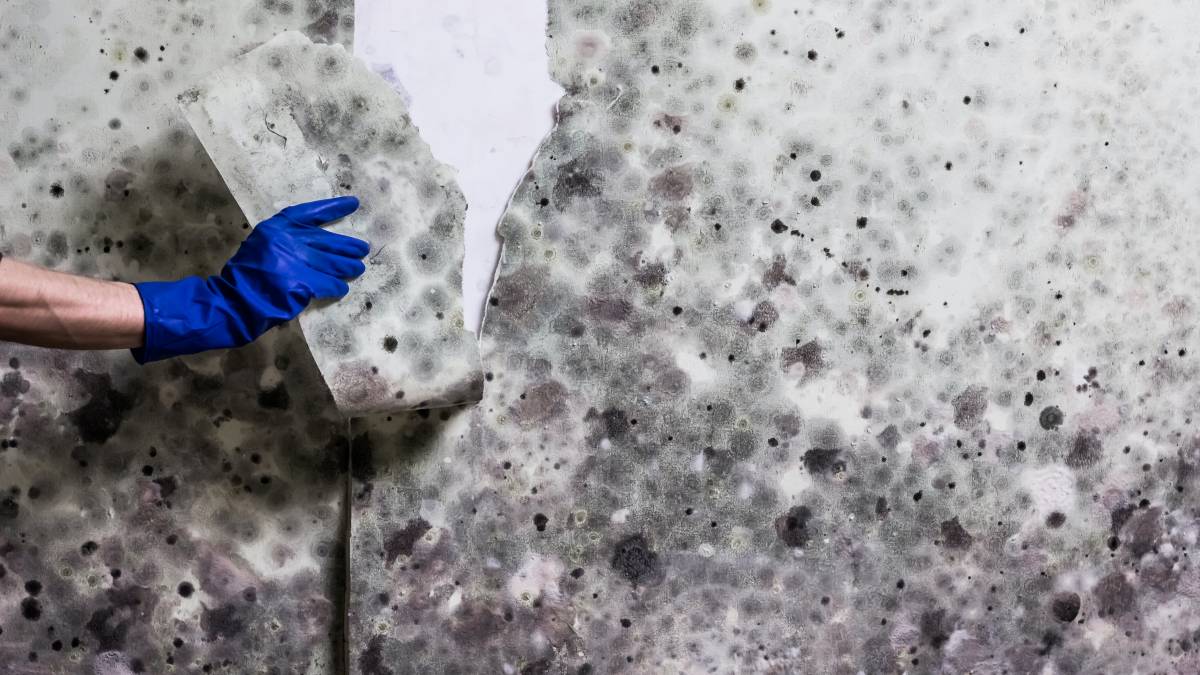
How much does mold removal cost?
Read more
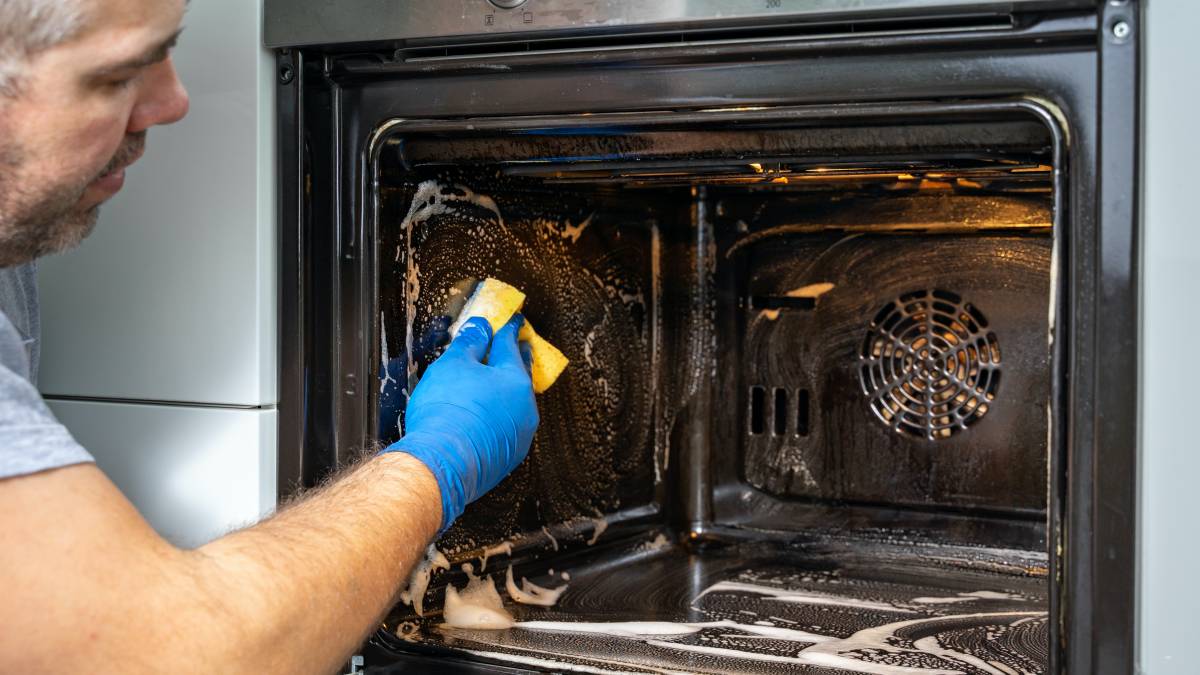
How much does oven cleaning cost?
Read more

How much does a cleaner cost?
Read more

How much does office cleaning cost?
Read more

How much does attic cleaning cost?
Read more

How much does floor cleaning cost?
Read more

How much does brick cleaning cost?
Read more

How much does blind cleaning cost?
Read more
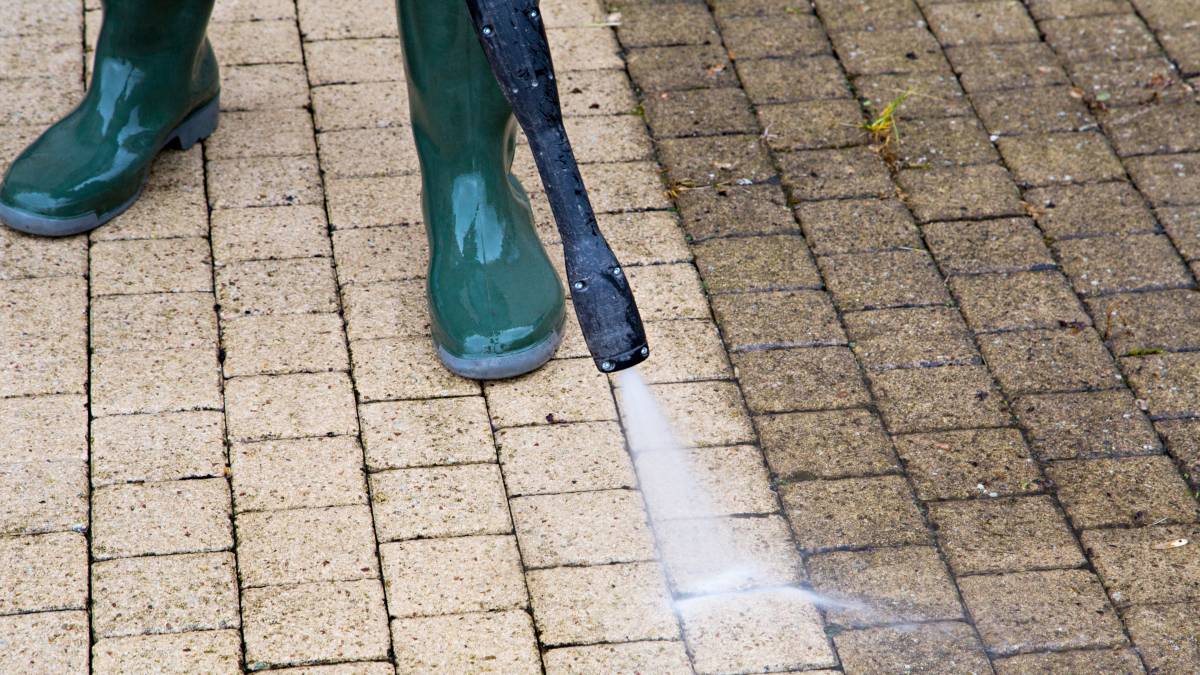
How much does pressure washing cost?
Read more

